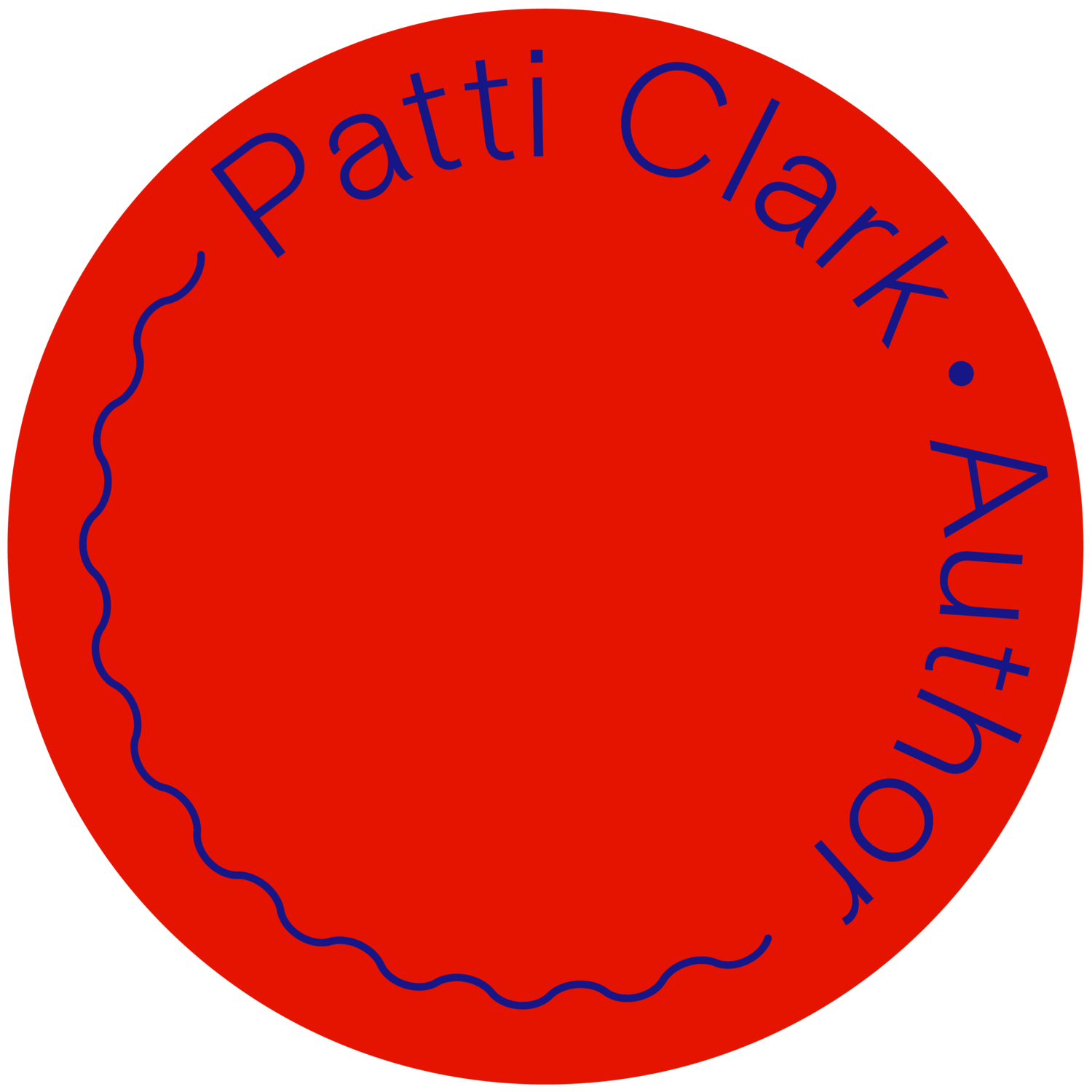Insights from 2014
- Hermann Hesse
One of the things I love about starting a new year is making intentions. One of the intentions I usually make is to pay better attention. Which means that for the first few weeks of the year anyway, I'm paying closer attention to life, being more mindful in what I do. Wish it lasted longer than just a few weeks, but baby steps, right?And along with intentions for the year to come, I love to look back on the past year and see what insights I've gained. One of my insights from 2014 is that I always feel better, more connected when I'm paying closer attention to the present moment. Another insight from this year is how much better I feel - body, mind and spirit - when I'm alcohol free. So once again, I've decided to abstain from any alcohol for awhile. This is not a new behaviour for me. Alcohol and I have quite a history. This isn't a typical 'New Year's Resolution' - this has been coming for quite awhile, I've been alcohol free for several months now. It just feels like alcohol doesn't fit within the context of who I'm becoming.I like reading the articles that come out in the new year about the 'bests' of the year that has passed. And I love learning about other people's insights from the previous year. So it's no surpise that my favorite article is from The Greater Good Website. Not only do I love that site! But the article combines those two things, the best of and insights gleaned. The article is based on the annual list of the top scientific insights produced by the study of happiness, altruism, mindfulness, gratitude - the science of a meaningful life. The article - The Top 10 Insights from Science of a Meaningful Life in 2014 - is wonderful. It's well worth reading the whole article, but for those of you who like things put in a nutshell, here you go:
-
Mindfulness can reduce racial prejudice—and possibly its effects on victims.
-
Gratitude makes us smarter in how we spend money. (Makes us better in all we do!)
-
It’s possible to teach gratitude to young children, with lasting effects. (see the video within the article on the GG website)
-
Having more variety in our emotions—positive or negative—can make us happier and healthier.
-
Natural selection favors happy people, which is why there are so many of them. (So Be Happy!)
-
Activities from positive psychology don’t just make happy people happier—they can also help alleviate suffering.
-
People with a “growth mindset” are more likely to overcome barriers to empathy.
-
To get people to take action against climate change, talk to them about birds.
-
Feelings of well-being might spur extraordinary acts of altruism
-
Extreme altruism is motivated by intuition—our compassionate instincts.
Each of these points is explained in depth in the article and is based on studies done in 2014. As I said, well worth a read, helping us all work toward leading a more Meaningful Life.I'll close with a lovely short video about gratitude -The Science of Happiness - An Experiment in Gratitude [embed]https://www.youtube.com/watch?v=oHv6vTKD6lg[/embed] I'd love to hear about your insights from 2014. Or some of your intentions for 2015.And as always thanks for taking the time to visit, I appreciate it.
